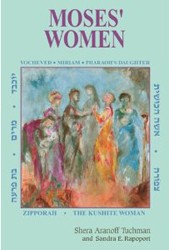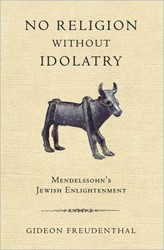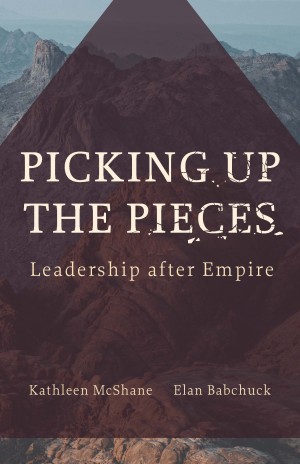Vision and Leadership is the eleventh in the series of MeOtzar HoRav: Selected Writings of Rabbi Joseph B. Soloveitchik that have been published since 2002. Rav Soloveitchik is often referred to as one of the most profound Jewish thinkers and expositors of halacha of the twentieth century. The latest volume parallels most closely 2008’s Abraham’s Journey, with the author focusing on interpreting and developing the ideas and concepts associated with seminal biblical personalities. The majority of Vision and Leadership is devoted to Moses, with only one third of the book discussing Joseph’s life. Some of the individual chapters are devoted to close reading of biblical passages consisting of explaining particular words and phrases, while others are integrated philosophical and theological treatments of incidents in Joseph’s and Moses’s lives.
Rav Soloveitchik’s incredibly creative and insightful portrayals of biblical personalities, the events of their lives, and the applicability of these ideas to the contemporary reader, provides a great deal of fresh and profound food for thought even for those who view themselves as deeply familiar with Joseph and Moses. A leitmotif for which the Rav is well-known is the exploration and application of the concept of Hegel’s conception of the “dialectic”, i.e., the intersection of a thesis with an antithesis to produce a synthesis, and Vision and Leadership offers numerous examples of how this idea lies at the heart of biblical situations and Jewish approaches to life. Examples of dialectical discussions in the book include: a) confronting evil in order to appreciate the good; b) dreaming vs. practical application; c) dignity of man vs. the need for sacrificial action; d) clear understanding vs. confusion and mystery; and e) holiness deriving from the chosen community vs. the uniqueness of every individual.
Topics that are developed more extensively by the Rav include: a) a comparison of secular legal systems with the Torah’s approach to judging; b) the “doctrine of assignment,” i.e., how each individual has a particular purpose to fulfill; and c) a comparison of Aristotelian and modern conceptions of science, and their relevance to the Halachic method.
In order to illustrate many of his points, R. Soloveitchik draws from personal experience, recalling the lesson of an impactful teacher, his grandfather R. Chaim’s way of dealing with people, and aspects of his own personality which he struggled to overcome.
Finally, the Rav pithily formulates his approach regarding how even the most traditional Jew must engage with the greater world: “We demand of man complete involvement in all worldly affairs. We equate withdrawal from the world and society with cowardice and warn against it. Our philosophy preaches activism, aggressiveness and articulateness…”
Although many of these presentations date from over half a century ago, the freshness, depth, and vitality of the thought are invigorating and inspiring, well worth the time and effort of the reader. Index of Biblical and Rabbinic Sources, Index of Topics and Names.





